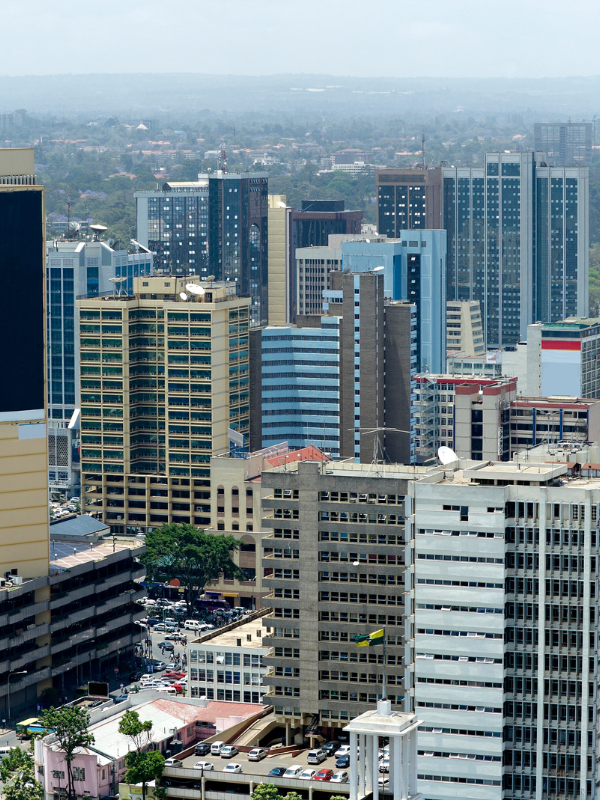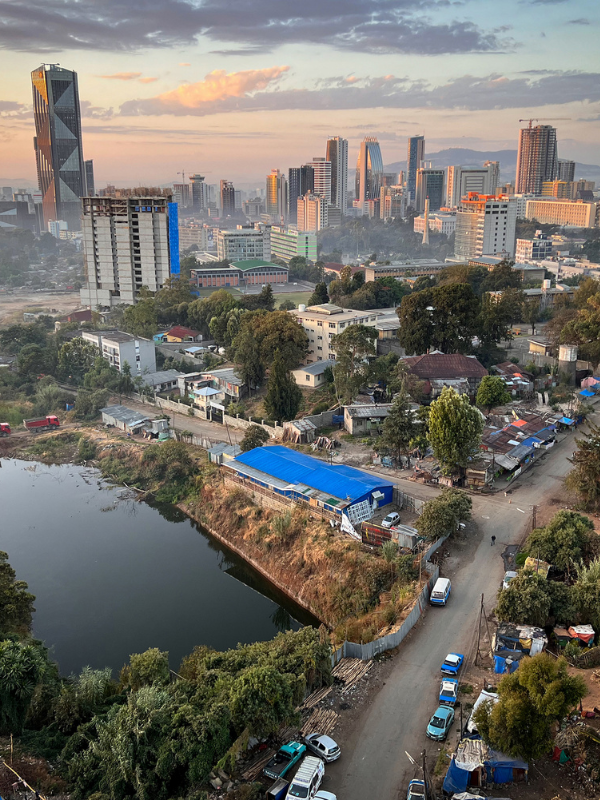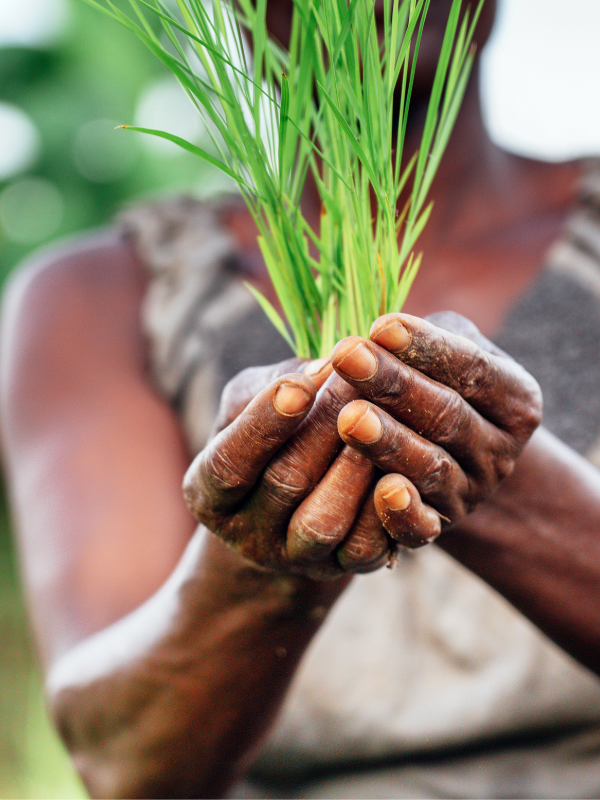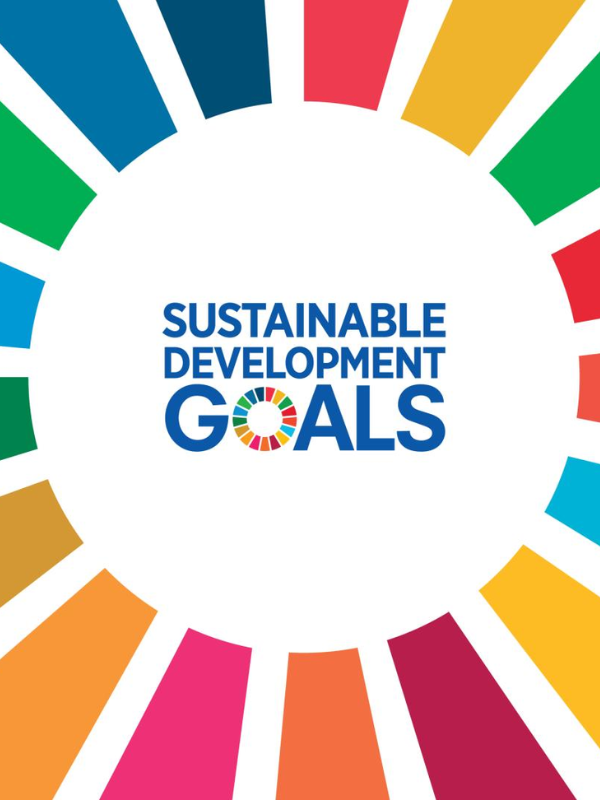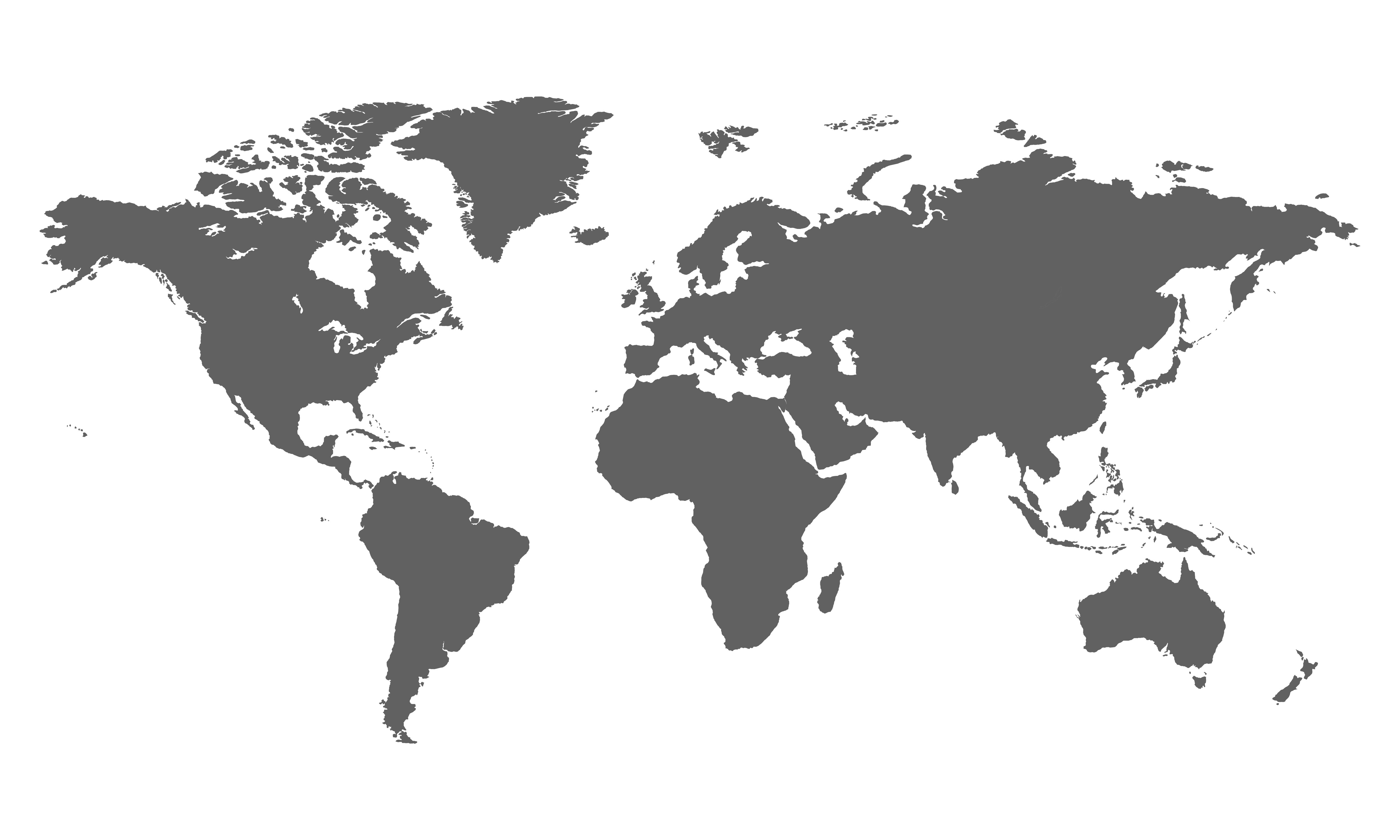Hubs
Regional Service Centre, Africa (RSCA)
UNDP’s Regional Service Centre for Africa (RSCA) is one of five UNDP Regional Service Centres worldwide, developing high-quality knowledge and policy for UNDP in Africa.
RSCA Thematic Areas:
Other areas of work led by the Centre on a regional and continent-wide basis include preparation for the Sustainable Development Goals (SDGs), improving countries’ public finance management, and mitigating the impact of HIV and AIDS. It also helps strengthen the capacity for disaster risk management and climate change mitigation and adaptation. In addition, the Centre helps beneficiaries access sustainable energy and sustainable use of natural resources, promoting gender equality and empowerment and enhancing food security in the Sahel. The Centre also supports countries on aid and development effectiveness, South-South Cooperation.
Inclusive growth and sustainable development
This area focuses on integrating UNDP’s economic, social and environmental work into a coherent, sustainable development policy and programming framework. It provides a continuum of adaptable development solutions covering all strands of sustainable development and contributing to the continent’s structural economic transformation agenda. Within the context of the Sustainable Development Goals and the broader post-2015 agenda, this Cluster addresses poverty, economic growth, employment and livelihoods, social inclusion and equality, recovery in post-crisis countries, managing ecosystems and biodiversity, marine resources, extractive industries and chemicals.
Governance and Peacebuilding
This area focuses on developing knowledge, providing policy advice and country office programme support in the following areas:
- Conflict prevention and peacebuilding
- Inclusive political processes and elections
- Enhancing voice and participation
- Responsive institutions and anti-corruption
- The rule of law, justice and security
Climate change and resilience
This area leads the development and coordination of policy in climate change adaptation and mitigation, climate risk management, disaster risk reduction (DRR) and disaster recovery. The Cluster specifically incorporates risk as a critical element of strategies to pursue sustainable development, anticipate conflict and crises and strengthen resilience.
HIV, Health and Development
This team, of which the Global Fund to Fight AIDS, Tuberculosis and Malaria (GFATM) Partnership Team is a part, provides policy and programme support to UNDP Country Offices, UN Joint Teams on AIDS, the African Union Commission, the New Partnership for Africa’s Development, Regional Economic Communities, the African Development Bank, Regional Civil Society organizations and other regional institutions.
Gender
Under this cross-cutting area, the team prioritizes gender mainstreaming as the primary strategy to achieve gender equality and women´s empowerment. It also supports governments through gender-specific targeted interventions. In addition, it supports intergovernmental and regional processes on meeting gender targets while providing policy and programme support on women’s political and economic empowerment and engagement in peace and security.
Development Impact
This cross-cutting area underpins all programmatic work to strengthen programme effectiveness and development effectiveness. The work includes deepening UNDP’s and the international community’s understanding of what works and what does not work in effecting development change at the country level in UNDP’s programme priority areas and how this understanding can drive knowledge creation and dissemination, innovation and scaling up, and more productive partnerships.
To relay the impact of UNDP’s programmes to partners, the public and the media, the Regional Centre provides advisory support for effective communications, advocacy and partnership building.
Country support
The Country Support Team is the principal point of contact for Country Offices with regional and HQ teams. The team advises the COs regularly and ensures coordinated support to their day-to-day activities, including but not limited to programme and management-related matters from a corporate perspective, planning, monitoring and reporting, and troubleshooting.

